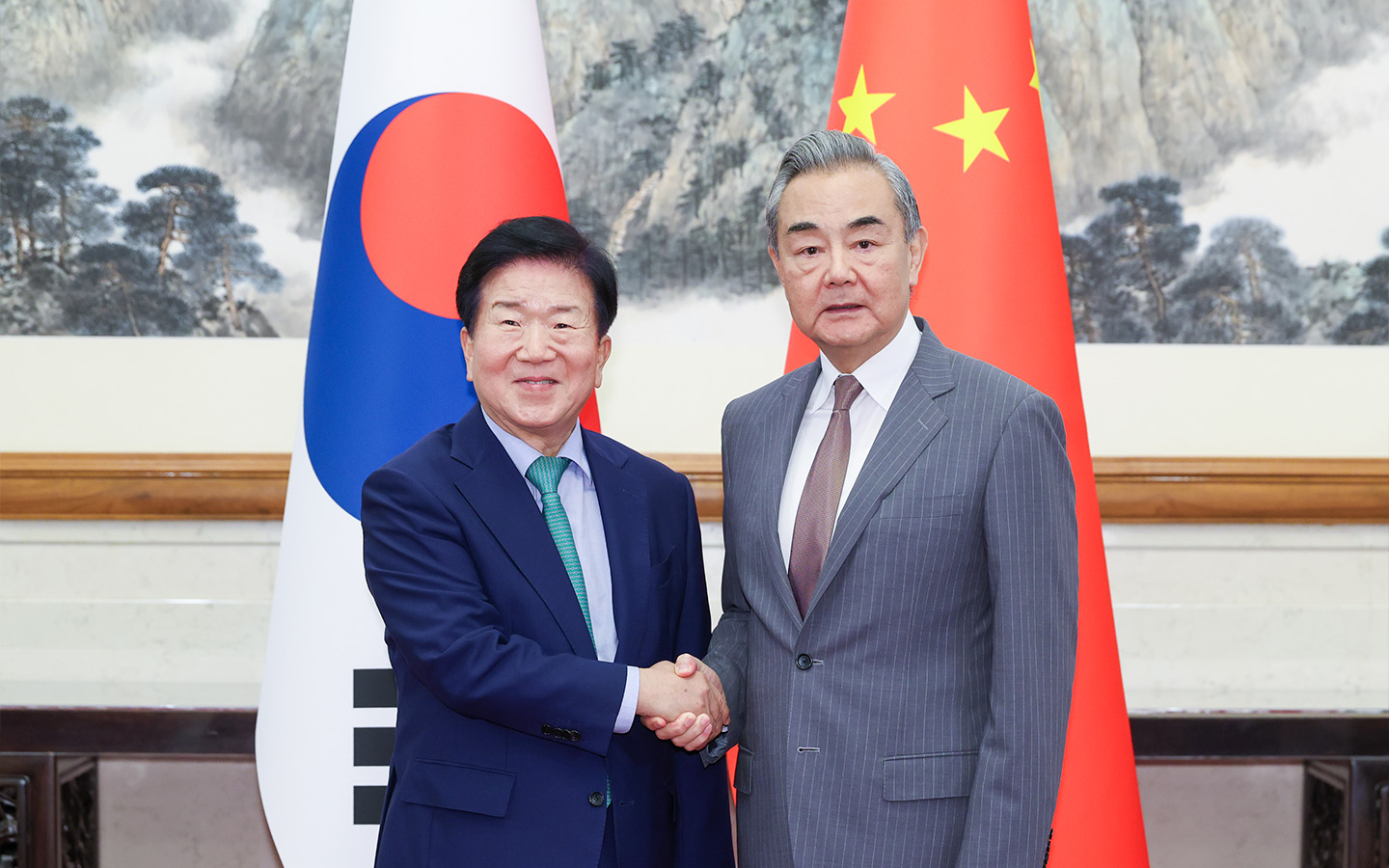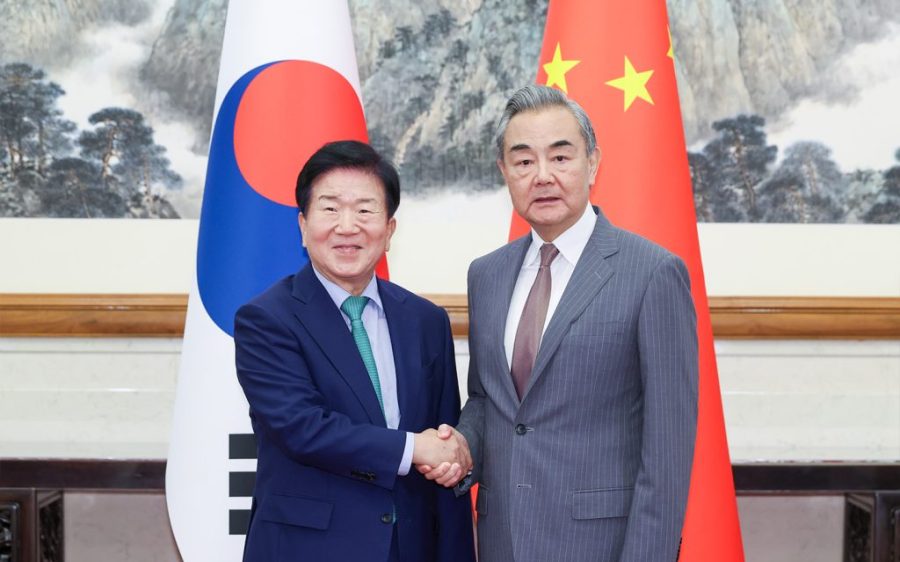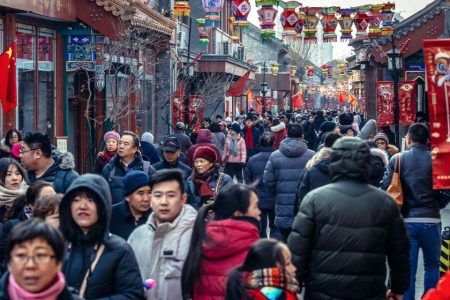South Korea has signalled a fresh effort to normalise relations with China, its largest trading partner, while reaffirming a commitment to deepen economic cooperation, multiple media outlets report.
A high-level delegation from Seoul, led by former National Assembly speaker Park Byeong-seug, met Chinese Foreign Minister Wang Yi in Beijing on Sunday. Park delivered a letter from South Korean President Lee Jae-myung inviting President Xi Jinping to attend the Asia-Pacific Economic Cooperation (APEC) summit in October, as the countries explore ways to restore bilateral ties strained in recent years.
“The relationship between [China and South Korea] is at a critical juncture for improvement and development,” Wang reportedly told the delegation, which coincided with the 33rd anniversary of diplomatic relations between the two nations. He urged both sides to “expand common interests, improve sentiment between the two peoples, properly handle sensitive issues, and promote steady and sustained progress of bilateral relations on the right track.”
[See more: Visa-exemption for Chinese tour groups could boost South Korean casinos]
Park echoed the sentiment, saying Seoul was ready to bring the strategic cooperative partnership “back on track” through high-level exchanges, practical cooperation, and people-to-people ties. He added that South Korea sought to develop relations with China alongside other major powers to jointly maintain regional peace and stability.
The meeting follows months of tension under former South Korean President Yoon Suk-yeol, whose pro-US and Japan-leaning stance sparked harsh exchanges with Beijing. Since assuming office in June, Lee – widely regarded as more China-friendly – has pursued a pragmatic diplomatic strategy, seeking balance between China and South Korea’s traditional allies, the US and Japan.
The thaw in relations has already yielded practical steps, including Seoul’s announcement of visa-free entry for Chinese tourist groups from 29 September until June next year. China’s ambassador to Seoul, Dai Bing, tweeted that ties “have achieved a good start” under the new South Korean government.
Wang also stressed cooperation in trade and economic matters, urging both countries to jointly uphold free trade and oppose protectionism. Park and Wang agreed to pursue substantive progress on economic and supply chain cooperation, signalling a mutual willingness to stabilise and expand bilateral relations in both diplomatic and commercial spheres.






